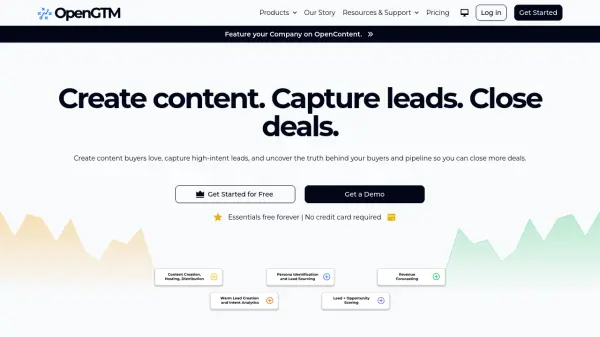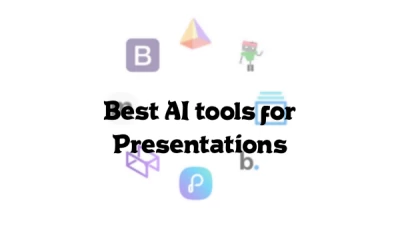What is OpenGTM?
OpenGTM is an open-source AI analytics platform specifically built for marketing and growth teams. It functions as an AI teammate that integrates directly with your existing data warehouse, such as BigQuery, Snowflake, Redshift, Databricks, or PostgreSQL. This allows users to interact with their marketing data using natural language, eliminating the need for complex SQL queries or reliance on separate BI tools for many common analyses. The platform focuses on providing proactive insights and automated analysis rather than just passive reporting.
By connecting to various marketing data sources through the warehouse, OpenGTM can automatically identify trends, anomalies, and optimization opportunities across campaigns, channels, and customer segments. It enables teams to perform tasks like conversion rate analysis, CPA monitoring, LTV calculations, and budget pacing checks efficiently. Furthermore, users can generate self-serve dashboards based on simple conversational requests and set up proactive alerts for significant changes in key performance indicators, ensuring data privacy by operating within the user's own cloud infrastructure.
Features
- Natural Language Querying: Interact with and query marketing data in your warehouse using plain English.
- Automated Marketing Analysis: Automatically surfaces insights, trends, and anomalies in marketing performance (e.g., LTV, CPA, conversion rates).
- Self-Serve Dashboard Creation: Generate data visualizations and dashboards based on natural language prompts.
- Proactive Monitoring & Alerts: Set up automated alerts for significant changes in key marketing metrics.
- Direct Data Warehouse Integration: Connects natively to BigQuery, Snowflake, Redshift, Databricks, and PostgreSQL.
- Open Source Core: Free, open-source base product available for self-hosting.
- Privacy-Focused Architecture: Runs within your own cloud environment, ensuring data remains secure.
Use Cases
- Analyzing marketing campaign performance across channels.
- Monitoring key performance indicators (KPIs) like CPA, ROAS, and conversion rates.
- Performing customer lifetime value (LTV) analysis.
- Identifying significant changes or anomalies in marketing data.
- Generating quick reports and dashboards for marketing teams.
- Enabling self-serve data exploration for non-technical marketers.
- Tracking marketing budget pacing and allocation.
FAQs
-
How does OpenGTM differ from traditional BI tools like Tableau or Looker?
OpenGTM focuses on proactive, automated analysis and natural language interaction specifically for marketing data within your warehouse, whereas traditional BI tools are generally more focused on manual exploration and passive reporting dashboards. -
How does OpenGTM ensure data security and privacy?
OpenGTM runs entirely within your own cloud environment or data warehouse infrastructure. Your data is processed locally and does not leave your control. -
What data warehouses can OpenGTM connect to?
OpenGTM supports connections to BigQuery, Snowflake, Redshift, Databricks, and PostgreSQL. -
Is OpenGTM free to use?
The core OpenGTM product is open source and free to use. There may be enterprise features or services offered separately. -
How is OpenGTM different from general AI models like ChatGPT?
OpenGTM is purpose-built for analyzing structured marketing data within your data warehouse. It has specific integrations and analytical capabilities tailored for marketing use cases and ensures data privacy, unlike general-purpose LLMs.
Related Queries
Helpful for people in the following professions
OpenGTM Uptime Monitor
Average Uptime
98.21%
Average Response Time
182.3 ms
Featured Tools
Join Our Newsletter
Stay updated with the latest AI tools, news, and offers by subscribing to our weekly newsletter.











